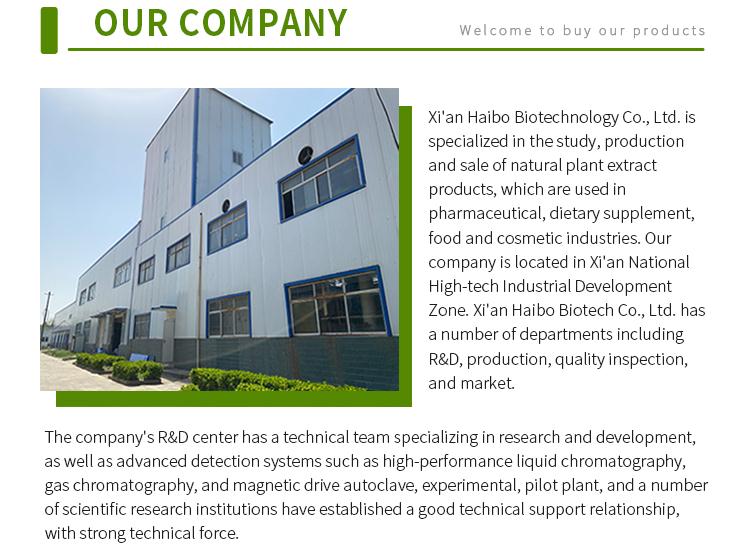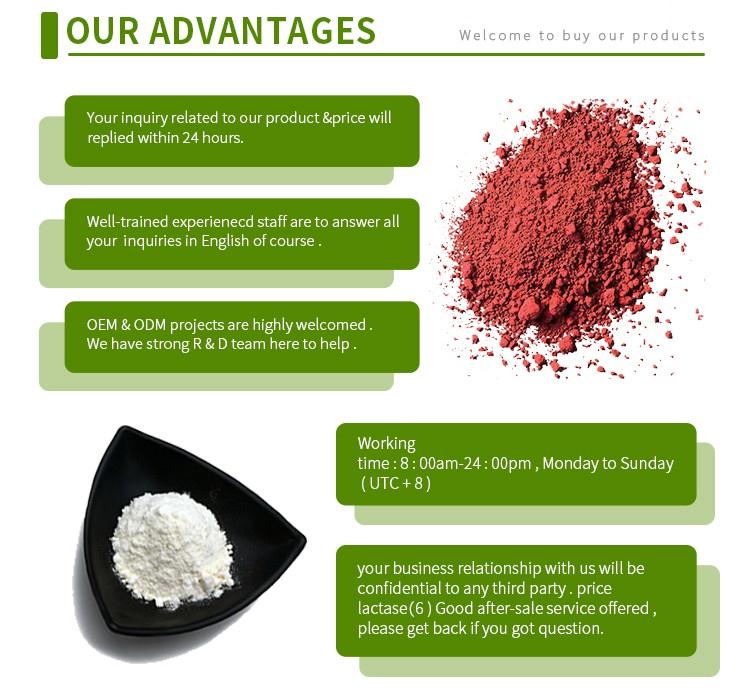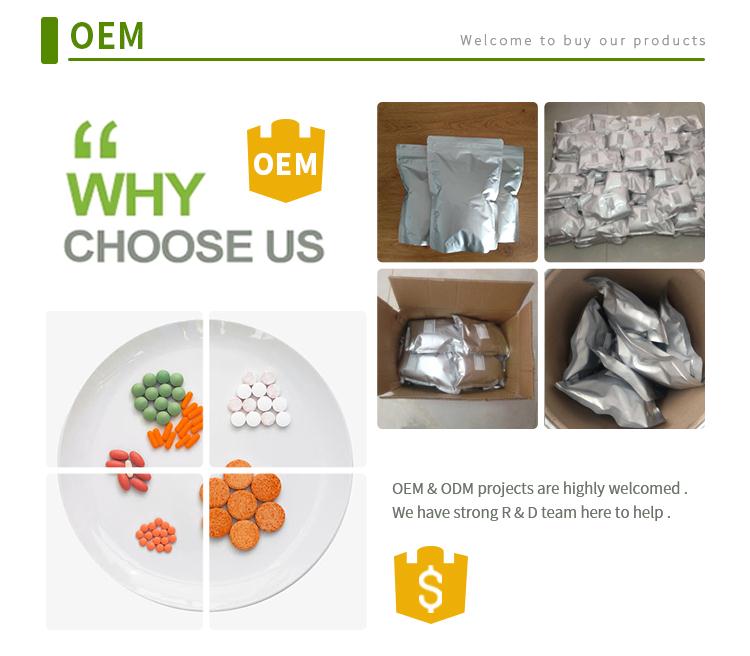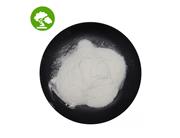Sodium gluconate is a common and widely used organic acid sodium salt. Industrial grade sodium gluconate is often used in construction, chemical industry and other industries. In the construction industry, it is often used as a cement additive to reduce water and slow coagulation. In the chemical industry, it is used as the basic raw material for the production of other gluconates, gluconic acid and gluconolactone, and also has good applications in electroplating, cleaning agent, film manufacturing and water quality treatment. Food grade sodium gluconate is often used in the food and pharmaceutical industry. In the food industry, as a food additive, it plays a role in regulating taste, regulating acidity, dehydration, curing, etc. In the pharmaceutical industry, it can regulate acid-base balance and maintain extracellular osmotic pressure.
Sodium gluconate is widely used in food and industry, sodium gluconate can be used in construction, textile printing and dyeing and metal surface treatment and water treatment industries as a high-efficiency chelating agent, steel surface cleaning agent, glass bottle cleaning agent, electroplating industrial aluminum oxide coloring, in the concrete industry as a high-efficiency retarder, high-efficiency water reducing agent.
For the food industry
Sodium gluconate can replace table salt: the salt taste of sodium gluconate is close to that of table salt, and the molecular weight of sodium is only 10.5%, compared with table salt, the sodium content of the former is only 1/4 of the latter. Compared with other low sodium salts, sodium gluconate has the advantages of non-irritating, non-bitter, and salty taste, and has become the best substitute for salt. At present, it is widely used in salt-free soy sauce, bread and other food fields. In white bread, sodium gluconate completely replaces sodium chloride, which does not cause a difference in the volume of bread, and does not affect its overall flavor and shelf life. Sodium gluconate can improve food flavor: sodium gluconate has the effect of covering up the bitterness of food, shielding the odor, improving the taste and so on, and has a significant effect on the improvement of food flavor. By adding sodium gluconate to low-fat cheese, the original bitter and astringent taste of low-fat cheese was eliminated, and the overall taste was improved. By comparing the flavor of lactone tofu prepared with sodium gluconate and gypsum as coagulant, it is found that the tofu prepared with sodium gluconate is more tender, and has higher taste and nutritional value. Sodium gluconate can enhance the nutritional properties of food: can enhance the nutritional properties of food. For example, through in-depth research on the phenomenon of cheese hardening, it is found that sodium gluconate can form a soluble complex with calcium ions and lactate ions in cheese, thereby increasing the solubility of calcium lactate, not only effectively prevent cheese hardening, but also ensure the nutritional quality of cheese.
Used as cleaning agent for steel surface
Steel surface such as the need for plating bowl, chrome plating, tin plating, nickel plating to adapt to special uses, such as the manufacture of tinplate, galvanized plate, surface chromium plating (electroplating), the billet surface are strictly cleaned, so that the coating and steel surface firmly combined, at this time the cleaning agent to add sodium gluconate will achieve very ideal results.
Used as cement admixture
Adding a certain amount of sodium gluconate to cement can increase the plasticity and strength of concrete, and has a retarding effect, that is, delay the initial and final setting time of concrete;
Used as a special cleaning agent for glass bottles
Using sodium gluconate as the main formula of glass bottle professional cleaning agent can improve the following common problems: cleaning force is not strong, easy to block the bottle washing machine nozzle and pipeline; The removal of rust on bottle stickers and bottlenecks is not ideal; The trace residue after washing is not ideal for food safety (such as phosphate residue); Washing water is discharged as a public hazard.
Used as a water quality stabilizer
Because sodium gluconate has excellent corrosion inhibition and scale inhibition, it is widely used as a water quality stabilizer, such as as a treatment agent for circulating cooling water systems in petrochemical enterprises, low-pressure boilers, and internal combustion engine cooling water systems. Because it has the following specific advantages: (1) It has an obvious coordination effect. Suitable for molybdenum, silicon, phosphorus, tungsten, nitrite and other formulations, due to the coordination effect, the corrosion inhibition effect is greatly improved. (2) The corrosion inhibition rate increases with the increase of temperature. The corrosion inhibition rate of general corrosion inhibitors decreases with the increase of temperature, or even completely loses its effect. But sodium gluconate is on the contrary, the corrosion inhibition rate increases with the increase of temperature in a certain range. (3) Strong scale inhibition ability: calcium, magnesium, iron salt has a strong complexing ability, so the scale inhibition ability is very strong, especially for Fe3+ has excellent chelation, and even has a role in the whole PH range. (4) Eliminate public hazards. The use of sodium gluconate as a corrosion and scale inhibitor in circulating cooling water can eliminate public hazards, which is an incomparable advantage of other corrosion and scale inhibitors used at present.
Storage Condition | Keep in a cool and dry place |
Transportation | By Sea or by Air(DHL/UPS/TNT/FEDEX/EMS) |
Delivery Time | 7-28 days |
Payment | T/T, Western Union or Bitcoin |

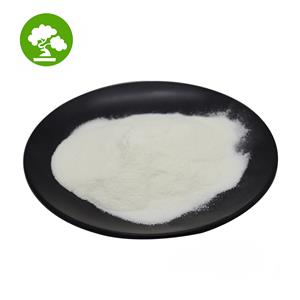
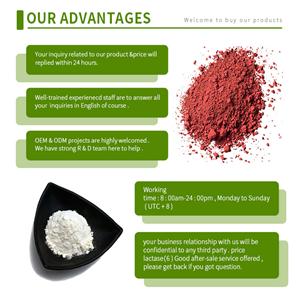
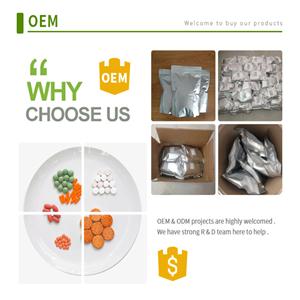
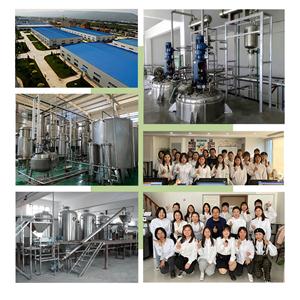


 China
China
